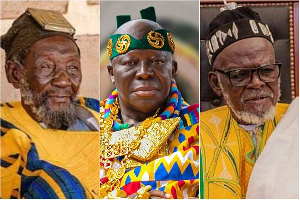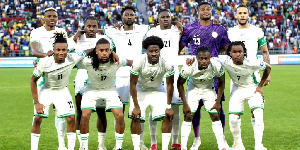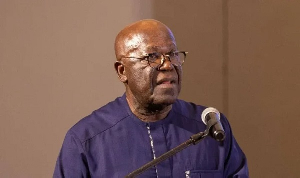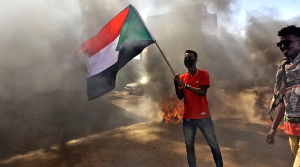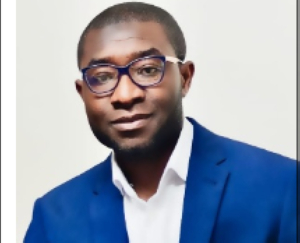Zeqblog Blog of Sunday, 5 January 2025
Source: Okine Isaac
Tensions Rising Within NDC Over Speakership Contest: A Test of Unity and Leadership.
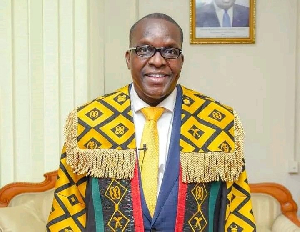
Former President John Dramani Mahama's backing of Alban Bagbin to stay as Speaker of Parliament has sparked fierce criticism from the party's Volta Caucus. The debate reflects fundamental concerns about regional balance in leadership roles, with the Caucus strongly opposing the idea of two Northerners serving as President and Speaker at the same time.
The Volta Caucus has nominated Edward Korbly Doe Adjaho, a veteran politician and Voltarian, as their preferred candidate for Speaker. Their decision reinforces a broader need for equitable regional representation within the party's structure. Members of the Caucus believe that supporting Adjaho would not only promote inclusivity, but also help overcome perceived regional gaps, creating unity in the NDC ahead of important national governing duties.
The disagreement has paved the way for a heated session in Parliament on January 7th, following the swearing-in of freshly elected Members of Parliament. With both groups mobilizing support for their respective candidates, the battle for the Speakership is shaping up to be a watershed moment for the NDC.
The stakes are enormous, not only for the Speaker's job, but also for the larger consequences for party cohesiveness and parliamentary operations. A split NDC may encounter difficulties in establishing its power and pursuing its agenda, particularly in a fiercely contested Parliament.
Political analysts are keenly monitoring the situation, warning that unresolved tensions might exacerbate regional divisions within the party. Some see the incident as a critical test of former President Mahama's leadership. His ability to negotiate internal disagreements and reach an agreement could determine the NDC's destiny as it strives to establish itself as a cohesive force in Ghanaian politics.
Others see this as a chance for the NDC to reassert its commitment to inclusion and fair representation. Resolving the problem amicably would demonstrate the party's ability to deal with internal issues and increase its appeal to a varied voter base.
As the midnight session approaches, Ghana's political circles are filled with anticipation. Whether the NDC emerges from this fight cohesive or split will have an impact not only on the party's immediate future, but also on its capacity to challenge its opponents in Parliament.
For the time being, all eyes are on the unfolding drama, as the nation awaits the outcome of what appears to be a watershed moment in the NDC's internal politics. One thing is clear: the events of January 7th will have long-term consequences for the party's unity, leadership, and overall political strategy.
Entertainment



